What Causes Heart Attack | Symptoms, Cause, Treatment & Prevention
.gif)
In simple terms, when the heart can no longer maintain the regular flow of blood for drawing the oxygen it needs, that is called a heart attack. A university report found out that more than a million people suffer from heart attacks annually in the United States.
Heart attacks are also acknowledged as myocardial infarctions (MI) in medical circles. If you are not part of that group, it is essential for you to understand that "Myo" refers to muscle, "cardial" means the heart, and "infarction" means the death of tissue. It is noteworthy to mention that tissue death can bring long-term damage to the heart muscle.
Heart Attack Symptoms
Here's a detailed breakdown of the significant symptoms of a heart attack.
- Distress that moves into your jaw, back, throat, or arm
- Distress, heaviness, squeezing, pressure, tightness, or pain in your chest
- Indigestion, fullness, or a choking feeling
- Upset stomach, sweating, vomiting, or dizziness
- Irregular or quick heartbeat
- Severe anxiety, feebleness, fatigue, or lack of breath
There's no denying that the symptoms of a cardiac arrest can differ on an individual basis or heart to heart basis. Here's a list of symptoms for heart attack that's more common with women:
- Irregular breath
- Unfamiliar fatigue
- Vomiting and Nausea
- Giddiness or light-headedness
- Distress in the shoulder, neck, or upper back
- Distress in the gut
Reasons or Cause for Heart Attack
It's noteworthy that a heart muscle requires a regular supply of oxygen-rich blood inside the human body. The coronary arteries near the heart supply this critical blood. Now, if you have any coronary artery disease, the arteries in question will narrow down, which causes problems for the blood as it can no longer flow normally. If your blood supply is blocked by any chance, you will face a heart attack.
Secondly, you must also realise that the likes of calcium, fat, proteins and inflammatory cells often gather around to form plaques in the arteries. Under most circumstances, the plaques are soft and mushy on the inside but hard on the outside.
If the plaque is complex, the outer covering will crack- which is called a rupture. This causes the platelets to enter the area, allowing blood clots to form around the plaque. This could essentially block the artery and starve the heart muscle for oxygen.
Thirdly, you must also realise that a spasm in the coronary artery can also lead to a rare heart attack. The arteries limit or spasm on and off to break it further down, which prevents the blood supply to the heart muscle, all during the coronary spasm. This could also be another one of the potential heart attack causes.
What Should I Do If I have A Cardiac Arrest?
There's no denying that when you are suffering a heart attack, you want quick treatment to release the blocked artery to reduce the damage. When you initially realise that you are getting a heart attack, you must call the medical authorities.
Additionally, you must also keep a mental note that the ideal time to treat a heart attack is between 1 to 2 hours of the initial symptoms. Going beyond this time frame will essentially result in more damage to the heart with a lower chance of survival.
How to Prevent Heart Attack on Somebody?
You call the medical team or hospital at the earliest and initiate cardiopulmonary resuscitation or CPR. This should be your ideal move when someone receives a heart attack with their heartbeat taking a halt. It's essential mentioning that CPR doesn't necessarily revive the functioning of the heart. However, it helps in keeping the individual alive until medical support arrives.
Heart Attack Diagnosis
When the medical team arrives, you should be prepared to answer their questions about your condition and symptoms. This will essentially allow them to understand the situation of your heart. Furthermore, they might also consider doing some tests on you if they deem it fit for the treatment procedure.
The Tests may Include:
ECG: Apart from the standard blood tests, doctors could need the ECG or the electrocardiogram. In simple terms, it's a medical test that evaluates the electrical activity inside the heart. This will help the doctor to find out how much damage has the heart muscle endured and where. Furthermore, it can also record the heart rate and rhythm.
Echocardiography: Secondly, the doctors could also ask for an ultrasound test where sound waves are ricocheted off the heart to develop images. Experts use this test to learn about the pumping in the heart. Additionally, the "echo" can help alert medical professionals about any potential injury or damage of parts of your heart (valves, septum, etc.) in the heart attack.
Cardiac Catheterisation: Thirdly, you could also need a cardiac catheterisation, more commonly known as a cardiac cath. It is essential to mention that this test is most effective and necessary during the initial hours of a heart attack-when the medications aren't helping the symptoms of ischemia. You must realise that the cardiac cath can provide an image of the blocked artery for the doctors to begin treatment.
Prevention for Heart Attack
In conclusion, it only fits to mention that the primary goal of any individual after surviving a heart attack is to keep their heart healthy- this will essentially contribute to reducing the risk of a follow-up heart attack.
Moreover, they must stick to their prescribed medication routine and make healthy lifestyle changes to continue with their life. Considering regular heart check-ups with enrolment at a cardiac rehabilitation program will do great as well.
Disclaimer: The information on this website should not be used as a substitute for professional medical care or advice. Contact a health expert if you have questions about your health.




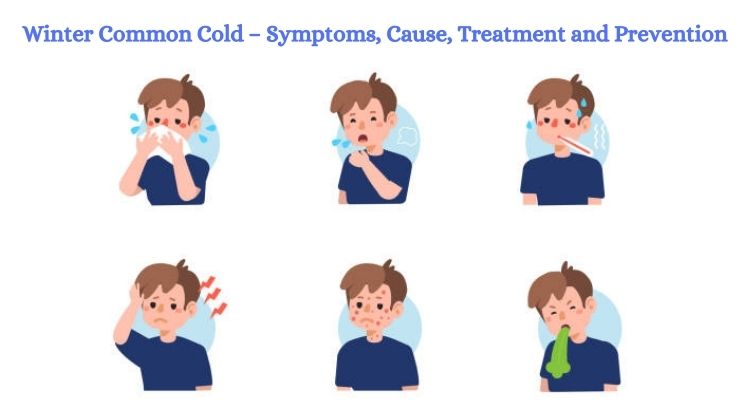
.jpg)
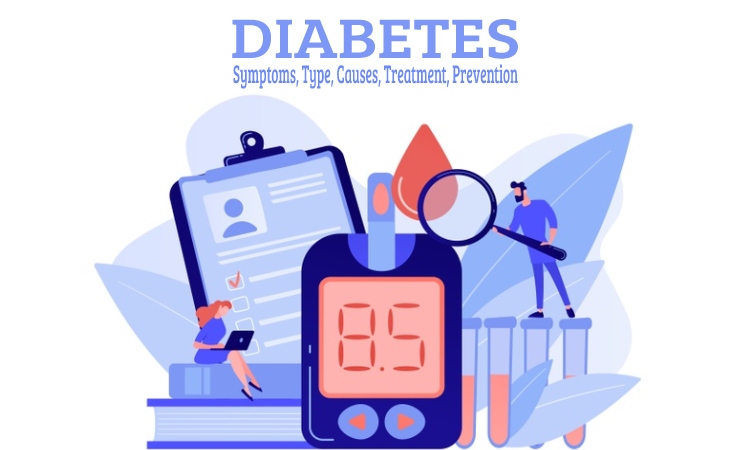

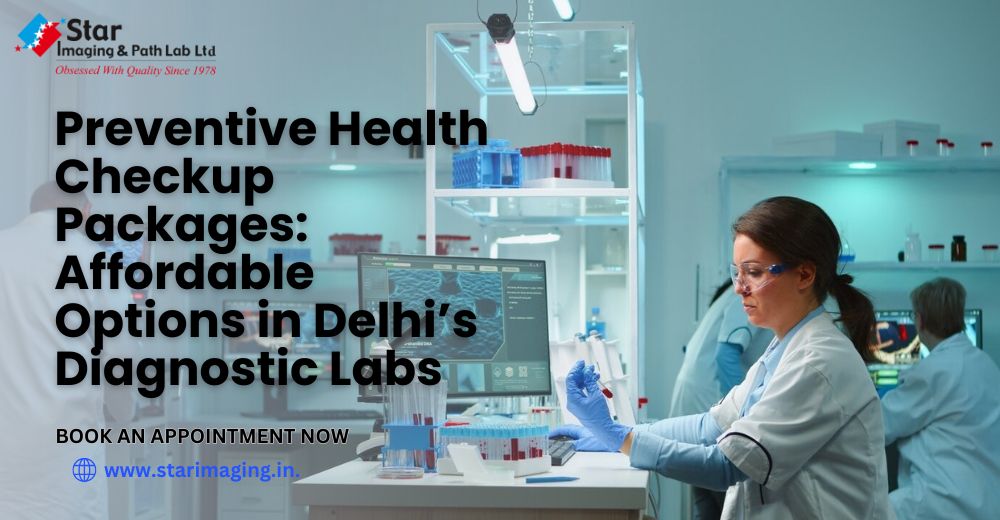
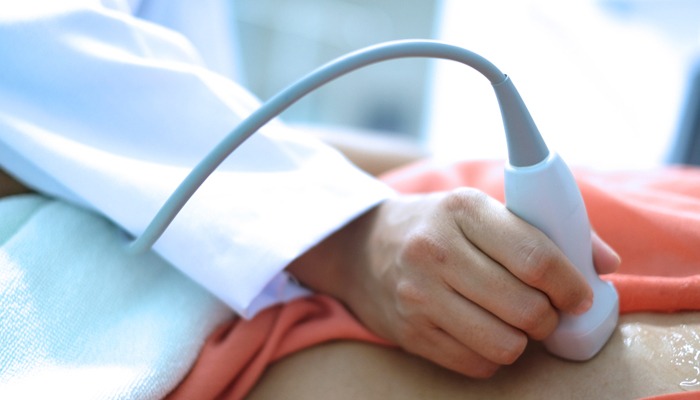
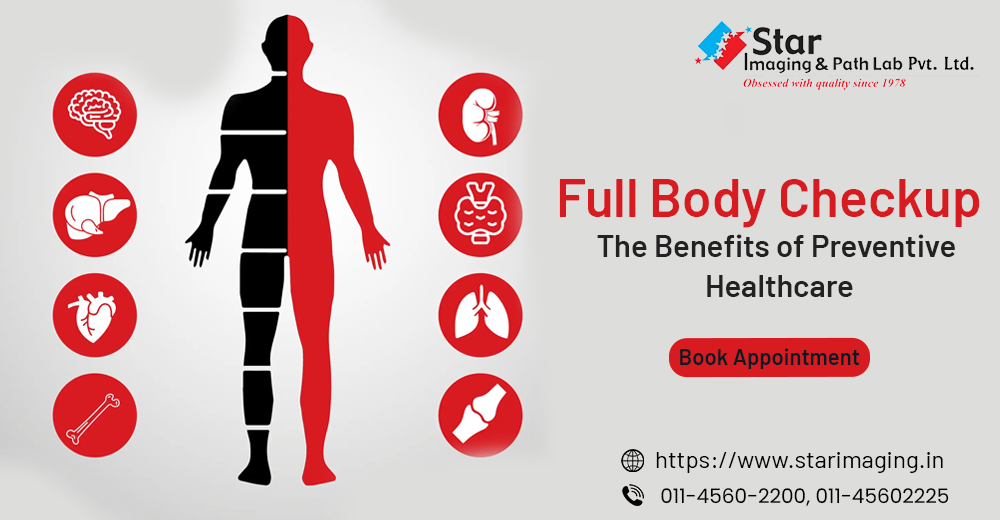

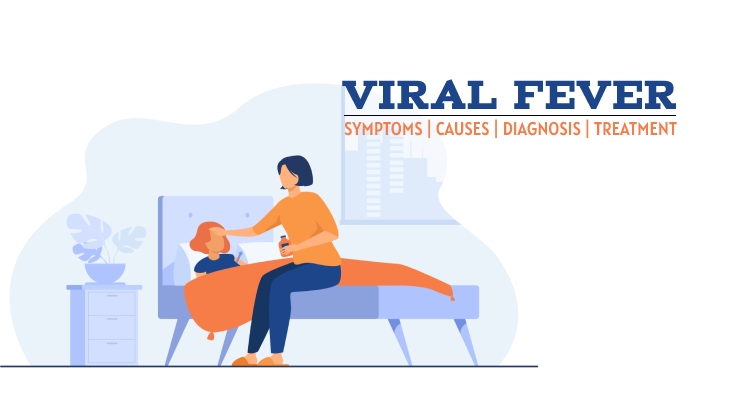
Comments List